Masters
Education with Concentration in Digital Technologies

Star day
October 28
Scholarships
until
80%

REQUEST INFORMATION
What are Digital Technologies in Education?
It allows immersive simulations (for example, role-playing, augmented reality, and virtual reality) where students enter experiences from authentic situations, and that constitute, in doing so, another perspective of structuring in pedagogy.
Competences to be acquired
This program offers a comprehensive curriculum for the professional development of educators of all levels who wish to design and apply technology in their own learning environments more effectively. Contents focus on constructive learning, curriculum development, integration and use of software and websites, application and design of digital instructional materials and the psychology of the classroom and the adaptation of technologies.
Why study Digital Technologies in Education?
This program is of high value for all professionals in the educational field, who, in addition to learning to use the most up-to-date and advanced technological tools, will be able to deepen their applied knowledge through the publication of their academic articles in Academic Networks, Scientific Journals and International Technological Platforms. The program will develop teachers’ abilities to design their own educational materials using digital technologies and develop creative and innovative approaches to their work, as well as master the use of digital technologies to enhance practice, research, and professional and academic development.
What do I need to study Digital Technologies in Education?
To study for a Master in Digital Technologies in Education, you need to have finished bachelor’s degree.
Possible jobs
In educational institutions as teachers, administrators or academic coordinators.
Courses
Core courses
- Introduction to Computers in Education
- Introduction to Knowledge Building
- Computers in the Curriculum
- Constructive Learning and Design of Online Environment
- Knowledge Media and Learning
- Instructional Design: Beyond the Lecture
- 21st Century Competencies, Multiliteracies, and As
- Technology, the Environment and Education
Concentration Courses
- Technology@Work: The Internet in Workplace Learning
- Integrating Technology into the Classroom: Issues
- Technology, Language and Literacy
- Technology, Psychology and Play
- Technology and Education
Capstone
- Capstone
Experience and recommendations
of the students


